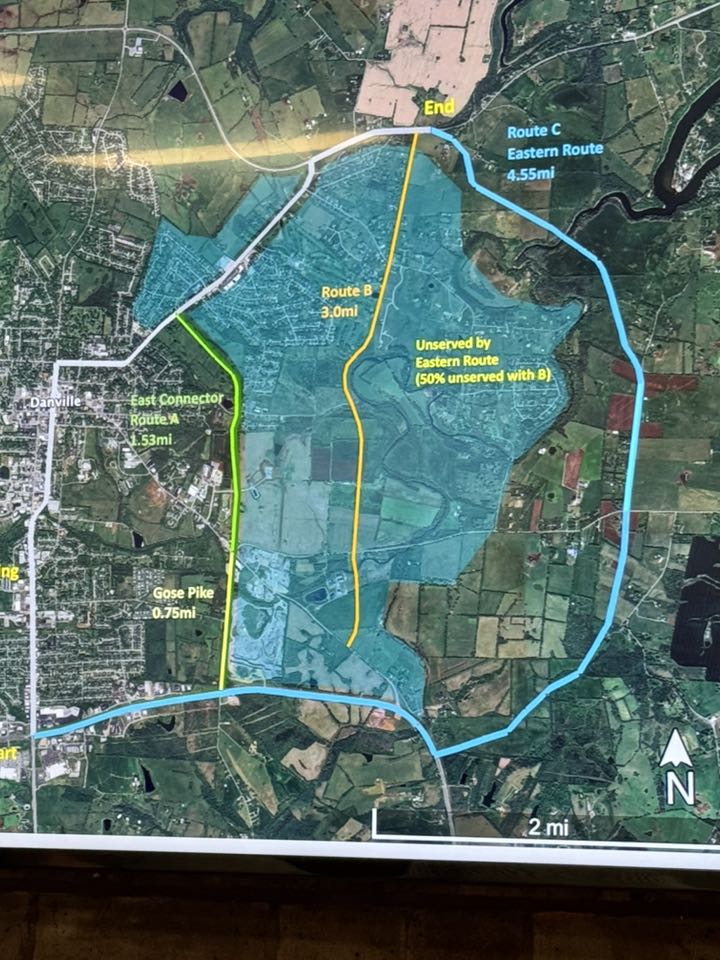OPINION
Kentucky nurse leaders seek action from lawmakers to address nursing shortage
Published 1:31 pm Sunday, February 20, 2022
When 60 Minutes recently highlighted the nursing shortage by showing the effects on our colleagues in Louisville, the crisis somehow become more real. Their story of the physical, mental and emotional exhaustion of the pandemic is every Kentucky nurse’s story and worry.
Today, the Kentucky Nurses Association reports that the state has 12-20% fewer nurses than we need. Further, according to the Department of Health and Human Services, Kentucky is tied third in the country for the highest percentage of nursing shortages. Even before the pandemic, a perfect storm was brewing with an aging nursing workforce, burned-out nurses and strong feelings of being undervalued.
The average age of a nurse in America is 51 years old. Given the long shifts and amount of mandatory overtime nurses have been asked to work during the pandemic, it is no surprise that a recent survey of Kentucky nurses reported that 16% want to leave the profession within the next three months and the number one cause of nurses wanting to leave is lack of sufficient staff and heavy patient loads, followed by low pay, physical exhaustion, fear of transmitting COVID-19 and lack of support staff and support from management.
Trending
The nursing shortage is so dire that on December 9, 2021, Gov. Andy Beshear signed an executive order declaring a state of emergency to allow nursing programs to open more seats for qualified nursing applicants. While this absolutely needs to be done, it must be done in a way that does not put nursing students or patients at risk. Any nursing program where less than 60% of the people they admit actually graduate, or less than 80% of those who do graduate can pass the licensure exam to become a nurse, is wasting valuable resources, including nursing students time and money. Nursing programs with poor outcomes need help to achieve better outcomes before adding more students.
Appointed by the governor, the “Team Kentucky for Advancing Nursing Advisory Committee” was formed recently to look at these and other complex issues that underlie this crisis. The team represents diverse perspectives, with representatives from public and private universities, hospitals and other key players.
Our work on the Governor’s Advisory Committee will not be easy and it will take resources, but the time is now to address this chronic issue. We must increase the number of students in the nursing educational pipeline, as proposed by the Governor’s emergency actions. But perhaps even more critically, we must stop the bleeding today. We cannot keep losing good nurses due to poor working conditions and low pay (compared to what they are being offered in other states and as travelers). This will require an honest assessment of the value of a nurse and the cost of their education by the people in charge of the nurse salaries. We also need to show that all nurses are valued at all levels regardless of their workforce setting. We need everyone, from licensed practical nurses to nurses with doctoral degrees to work as a team to care for our patients. Whether in acute care or long-term or ambulatory care or in academic settings teaching or facilitating research, corrections, hospice, home care or clinical practice, it will take new ways of thinking and doing to retain nurses and mitigate the shortages.
Moving forward, we need a multi-faceted, multi-level approach to address the crisis – next steps:
• Develop a brand image campaign to recruit both second career students and traditional highs school graduates.
• Increase the number of qualified students we can accept into quality nursing programs. This means increasing faculty, staff and clinical sites for nurse training.
• Increase the number of non-clinical staff working with nurses to offload non-essential nursing tasks.
Trending
• Give nurses the ability to influence more decisions that directly their working conditions patient care, nursing regulations and issues that impact nursing education.
• Ensure that nurses get things that most people take for granted, such as lunch and bathroom breaks.
• Provide more benefits such as student loan forgiveness.
Investing in nursing today is an investment in the future of health care for all Kentuckians.
Janie Heath, PhD, APRN-BC, FAAN
Past President Kentucky Nurses Action Coalition
Kentucky Nurses Association Board Member
Delanor Manson, MA, BSN, RN
Chief Executive Officer
Kentucky Nurses Association
Mary Bennett, PhD, APRN-BC
Kentucky Nurses Association and Kentucky Nurses Action Coalition Member
Donna Meador, MSN, RN
President & Board Chair
Kentucky Nurses Association







